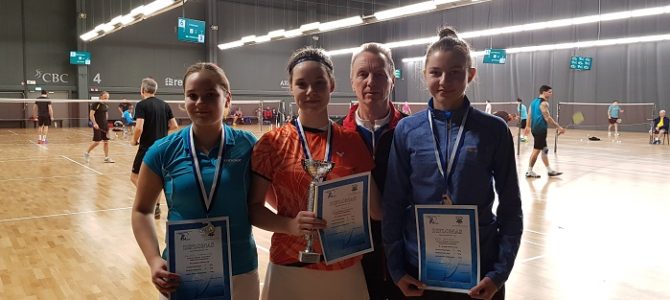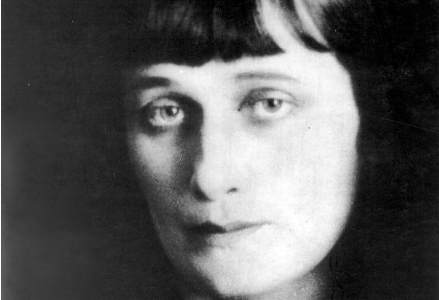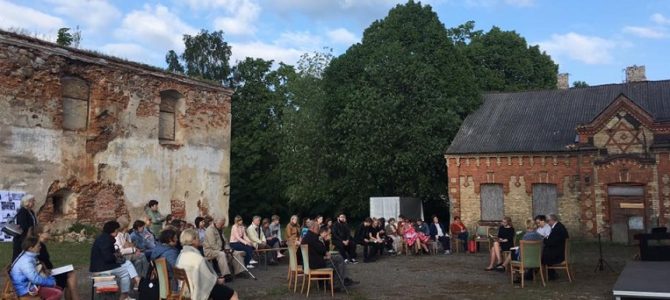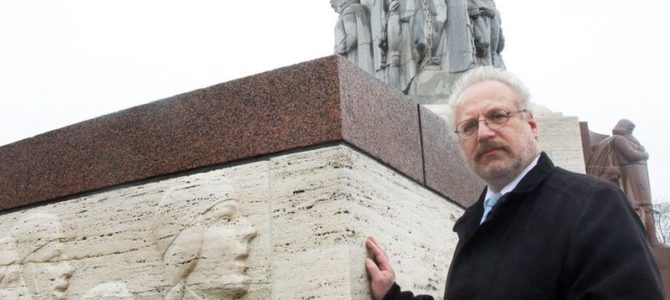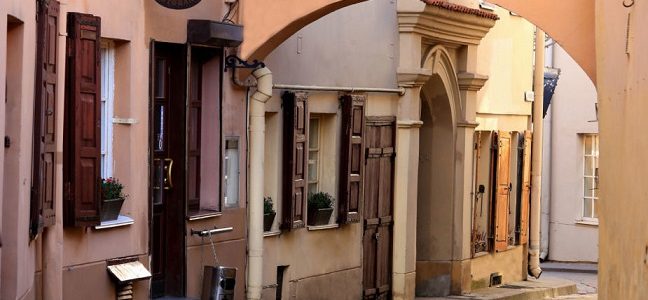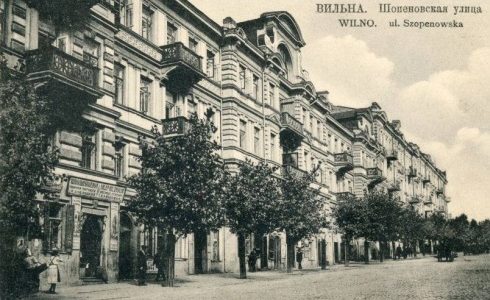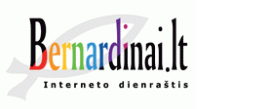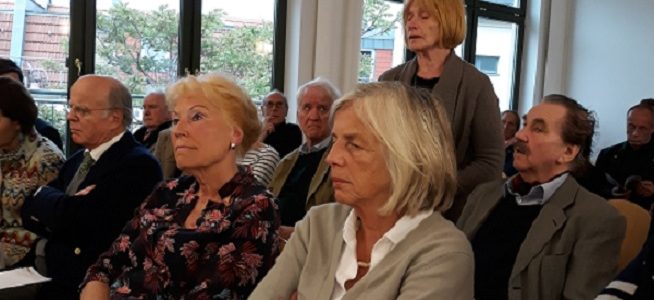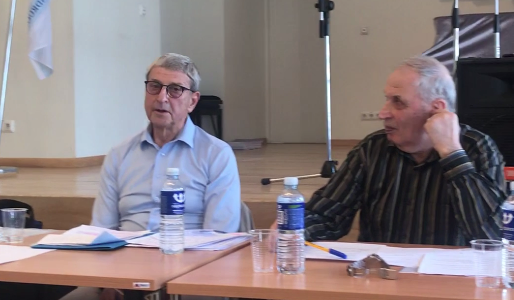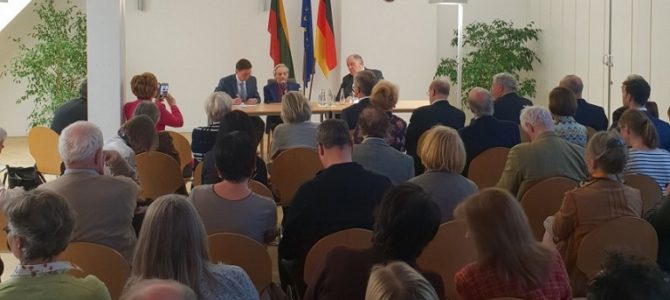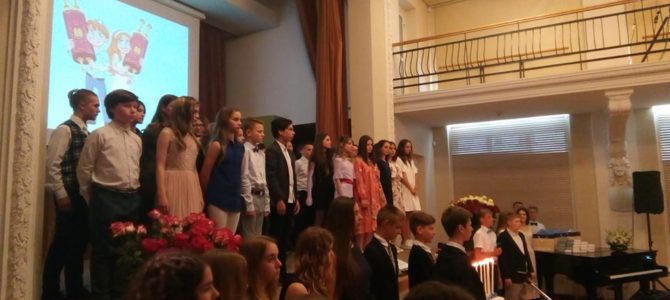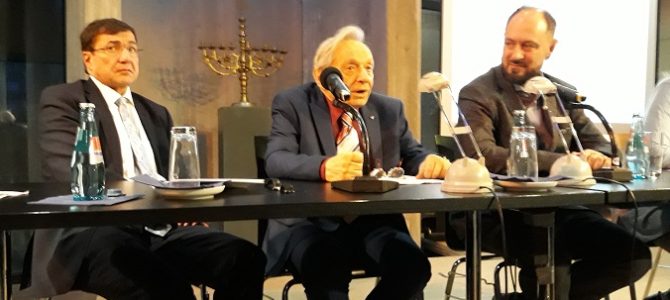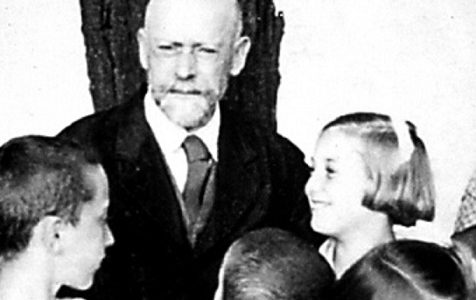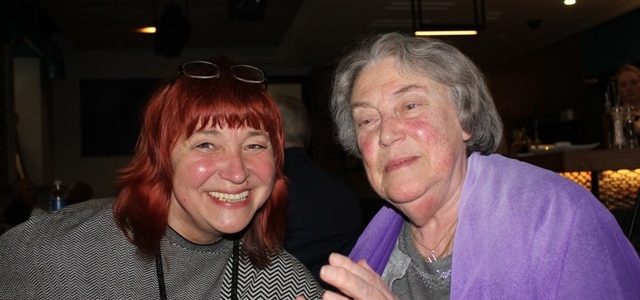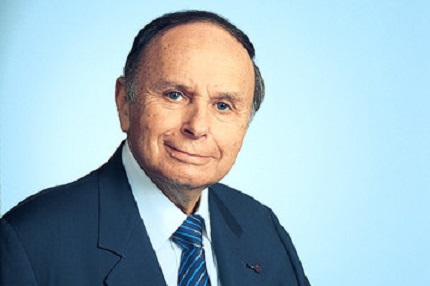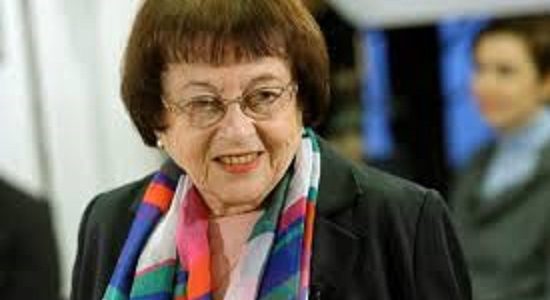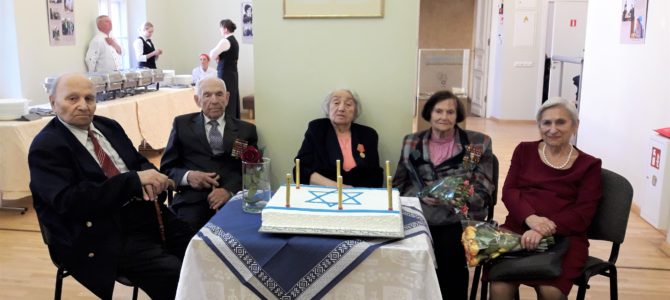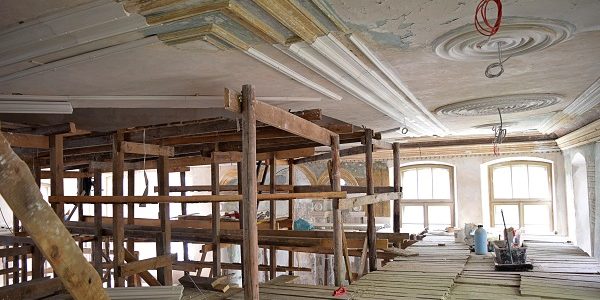I’d like to expand on the information about the book presentations in Germany by talking about the topics which were discussed at the Leipzig International Book Fair and the presentation held at the Lithuanian embassy where, besides Grigorij H. von Leitis, Lithuanian honorary consul professor Wolfgang von Stetten and Michael Lahr, the executive director of the Lahr von Leitis Academy and Archive, also took part.
I talked about the presentations of the Vilnius ghetto theater which have lodged themselves so colorfully in my memory, about the people who started that theater, the remarkable artists of the Jerusalem of Lithuania. Their figures loom large among the ranks of the great Litvaks of the world: Chaim Soutine, Jacques Lipchitz, Neemija Arbit Blatas, Ben Shahn, Emmanuel Levinas, Jascha Heifetz, Romain Gary and others.
Much space in the book is devoted to the branch of the Petuchovski (Petuchowski, Petuchauskai) family who in the second half of the 19th century moved to Germany and attained world-renown as active rabbis and philosophers of the Litvak persuasion.
The first of those to speak about the Vilnius ghetto theater, I demonstrated how that cramped stage was able to contain a vast cultural continent, a unique theater now widely recognized as such. Thanks to the theater, the ghetto became a symbol of spiritual resistance to the Nazis. The ideas of patience, tolerance and unity came to the fore in the spiritual resistance of the Vilnius ghetto. These ideas called out with the entire experience of the European Holocaust, urging unity against Naziism, giving form to the goal of nations recognizing the principles of Western democracy to come and join together.
Markas Petuchauskas
Author of Der Preis der Eintracht [German translation of The Price of Concord]
May 21, 2019


